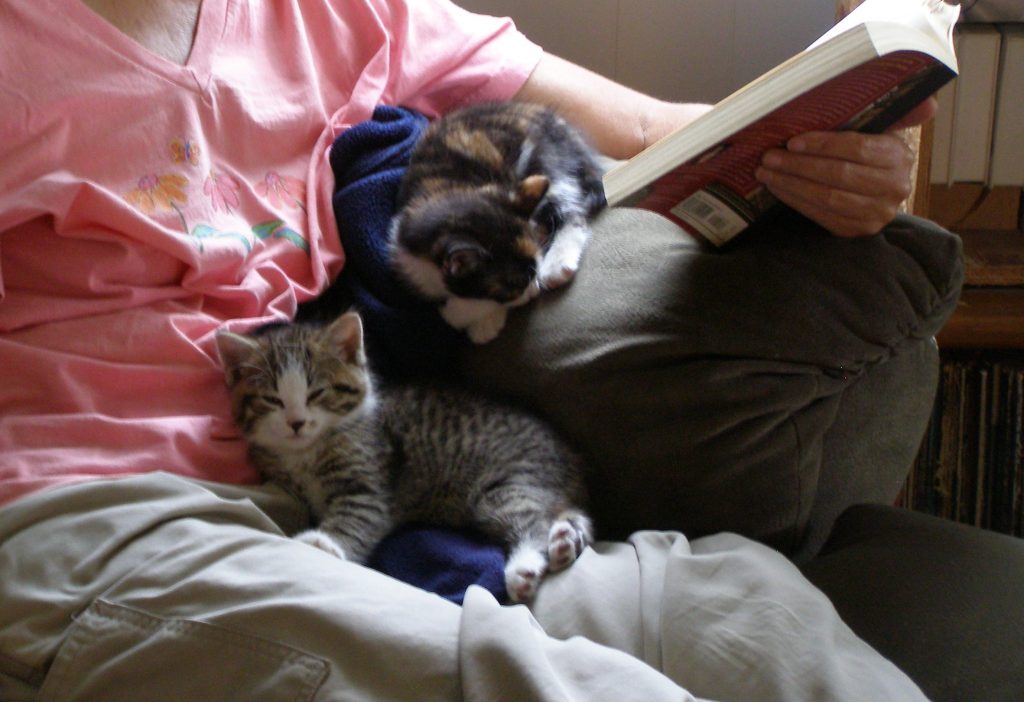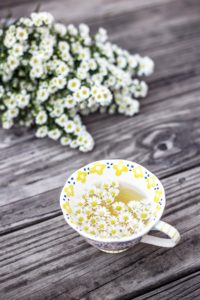Hate Speech or Haters Speaking?
As so often happens, there are several strands to this post. Chronologically, the first strand was this podcast from The Minimalists about race relations. I don’t usually take the time to listen to podcasts, but I follow The Minimalists and this discussion was a perfect antidote to the current disturbing headlines and media rhetoric. It made me think and provided some insight into the problem of racism. In the podcast, there’s a fascinating discussion about hate speech in which a suggestion is made that it’s not a real thing.
What?

I know. That was my reaction, too. Hate speech is everywhere, right? On social media, on signs and bumper stickers, in the mouths of ordinary people, and in the media. It’s true that words are frequently used hatefully as we talk and write. Language, remember, is a symbolic system used to convey meaning. Speech, or writing, for that matter, is simply the use of language. Speech is only a small part of conveying information, though. Nonverbal communication is more important than the actual words we use, things like volume, intonation, emphasis and body language.
Hate speech is simply speech used to convey hate. The words alone are mostly neutral. The speaker or writer are the sources of the hate.
It’s trickier even than that. Some common, perfectly neutral words like “uterus” are now classified by some as hate speech. This is clearly ridiculous. There’s nothing hateful about the word. When I use it, I’m certainly not feeling or intending to communicate hate. The hatred, if it exists, is in the listener.

Hateful people speak and write hatefully, and are predisposed to hear hate when none is intended. People who are not haters use the same words to convey simple meaning, and are surprised and incredulous when accused of engaging in “hate speech.” Fortunately, being accused of hate speech doesn’t make it so.
Let me be clear I’m not poking at things like mascot names that demean American Indians, or use of words like “nigger.” I don’t support either, ever, for any reason. When a group of people protests that such terms are hurtful to their culture, history, and sense of worth, we need to be respectful. Some words are pejorative and ugly, and they’re meant to be. Language is not static; hundreds of slang words and idiotic labels are created and used every year, some with a specific intent to convey hatred and contempt. What I’m focusing on is standard language, words we use in everyday settings and circumstances with dictionary definitions.
I’ve thought a lot about this. Is there such a thing as hate speech, or is it simply that hateful people use language to say and write hateful things? In that case, the problem is people hating, not the words themselves.
That was the first thing.
The second thing was our recent adoption of a pair of kittens. We both love cats, and our old cat died over the winter, so we had an empty place in our hearts, which these two have filled magnificently.

It’s been a long time since I’ve had babies to take care of, and it brings back a flood of memories and feelings, especially my desire to be a “good” mom. I notice how important it is to me that they be happy, healthy, safe, well-bonded and learn to differentiate between bare skin and clothing as they climb, play and explore. I want to do it right. I want to do it well. I spend time evaluating my patience, my efforts to keep them safe, my performance as litter box cleaner and fresh water procurer, my roles as playmate, limit-setter and comforter.
Am I a good kitten caregiver?
The third strand in this post comes from a book, Chocolat by Joanne Harris, who is one of my favorite writers.
“I don’t think there is such a thing as a good or bad Christian,” I told him. “Only good or bad people.”

As I read that, I thought about the podcast I’d listened to, and my conclusion that perhaps there’s not such a thing as hate speech, just words used by haters. My practice of minimalism has taught me to simplify wherever possible, and it occurs to me we’re all many things to many people in life, and most of us are trying to be “good” friends, partners, family members, employees, and probably an infinite number of other roles. We fragment our identities into all these shards and pieces. What if we let go of all that and focused on being “good” humans? Wouldn’t being a “good” human across the board take care of everything else?
Then, of course, we have to decide what we mean by good and bad, but I’ve already opened that can of worms a couple of times, so I’m not going to go there again. Let’s forget about the term “good,” which means everything and nothing.
If I practice love instead of hate (including with myself), if I strive to be tolerant, respectful, authentic, responsible and keep my integrity intact, then I bring those qualities to everything I do every day, whether I’m working, hanging at home, playing with kittens, spending time with friends, interacting with family, or buying groceries. I don’t have to worry about being a “good” anything. I simply strive to be the best human I can be, whatever the circumstances, whatever the context.
Let it be said that not everyone has a desire to be “good.” I am all too well aware assuming everyone has my agenda is a fatal mistake. There are those who would love to see the world on fire.
Still, I believe most of us are trying to be a “good” … whatever, according to our definition of good. Sadly, especially when we think about religious and political pieces of identity, this is often where the hate begins.
It’s complicated. People are complicated. We’re also devious. Debating about what is and is not hate speech is a diversionary tactic leading nowhere. The issue is not words. Words don’t hate. The issue is our own hatred toward ourselves and others, and for that we are responsible. The issue is not our willingness or ability to fulfill expectations of what it means to be a “good” fill-in-the-blank. That’s nothing but pseudo self. Life is not a performance. The issue is what kind of humans do we choose to be? What kind of humans are we?
Certain ways of thinking support and feed my perfectionism, and other ways of thinking starve it. Being concerned with being a “good” this, that and the other is a lot of anxious work and encourages perfectionism, pseudo self, people pleasing, and a whole host of other unhelpful behavior patterns.

Approaching each day and activity with a desire to be my best and respect the needs and feelings of myself and others is not only simpler; it leaves me with energy and space to have fun, to love others wholeheartedly (even when they do climb up my bare leg with tiny pin-sharp claws), and to enjoy life.
I talk. I write. I listen to feedback about how my words affect others. I know I’m not a hater, and I don’t allow others to project their hatred onto me. I accept I have no power over readers or listeners who are determined to misunderstand and twist my words into hatred. I practice respect for myself and for others. Words used by haters divide and leave deep wounds. Words used by non-haters have the power to connect and heal.
If we are not humans who hate, our language will not be hateful. If I practice love, responsibility, patience, and tolerance, I’m a good-enough kitten caretaker. If I strive to be a “good” human (according to my definition), then I can forget about the individual performance of all those fragmented pieces of my identity.


